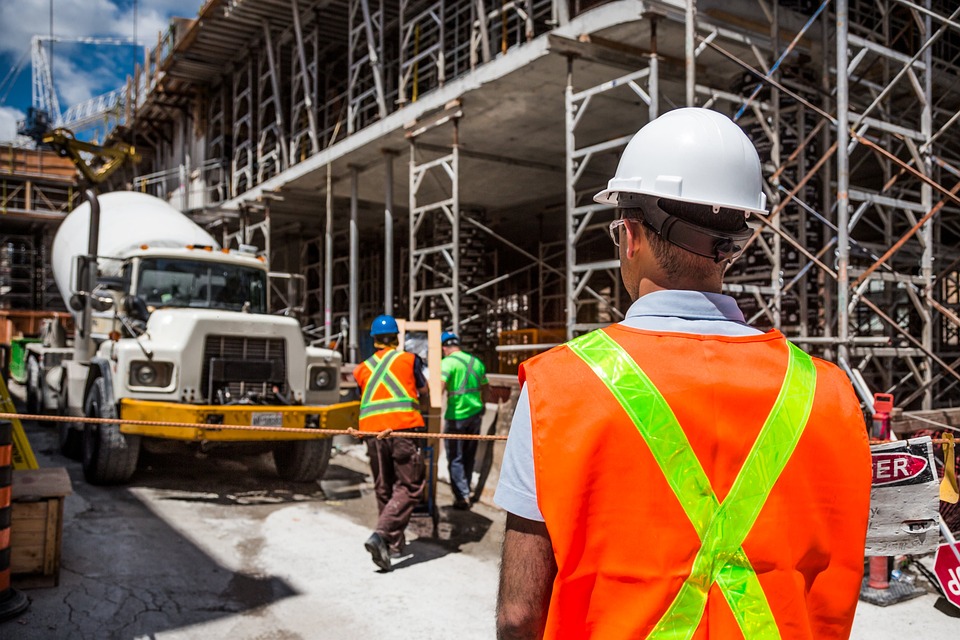Around 600 new housing units are to be constructed in Limassol in the next six years for rent or purchase as part of the state’s affordable housing policy, the Cyprus Land Development Corporation (Koag) said on Thursday.
Director general, Eleni Symeonidou, told the Cyprus News Agency that work on the first phase batch is due to begin in October or November in collaboration with the Limassol municipality.
“We will build 138 units in the first phase to rent to the municipality,” Symeonidou said.
Once work begins, it will take 17 months for the first 37 units to be available for rent and then work will start on three more apartment buildings with another 138 units.
“Our proposal is to implement the same plan in two other blocks to produce over the next six years 600 units for rent in Limassol, where we see that the problem is particularly acute in terms of rents,” she added.
Regarding the cost of renting, Symeonides, said the project would be financed to some extent by the state, “which will have some requirements regarding the amount of rent”.
She said the terms of the funding were still under discussion, “so we can’t say the exact amount right now”.
“It will definitely be affordable. Our intention is that the rent will be at least 30 per cent below market prices, with the intention of going even lower,” Symeonides said.
In Nicosia, she said, there were currently apartments for sale in Kaimakli and by next February, there will be apartments for sale in Larnaca for around €153,000 for a two-bedroom with solar panels and cooling-heating appliances included in the price.
Plans are also afoot to build houses in Polemidia, near Limassol and Kokkinotrimithia, near Nicosia, and also apartments in the Nicosia suburbs Ayios Dhometios, Aglandjia and Lakatamia. The location will determine whether houses or apartment blocks will be built.
“If I have a plot of land in Ayios Dhometios with a high building factor, I cannot ‘waste’ it by producing houses. I have to make apartments,” Symeonides said. “The investments we have made in real estate recently have been in the inner cities. This means we will produce flats,” she said. “We try to use the land we have in a way that will produce the greatest number of units.”
There has been interest from construction companies because they would be granted additional building factors. For instance, if the permit allows 100 units, they would be granted an extra 20 on condition they make them available for lower prices or rents to beneficiaries nominated by Koag.
Beneficiaries are determined by criteria decided periodically by the cabinet and concern medium to low-income workers.
This had already happened in Ypsonas in Limassol where six additional units were allowed as part of a construction. These are being sold as affordable housing for €123,000. This would be for an apartment of around 75 square metres.
Despite the affordable price of the units, Symeonidou said that there were problems in the approval of financing for the beneficiaries.
“People are interested, they are submitting their applications, but there are some issues as regards financing,” she said. The increase in interest rates and the amount of monthly installments was making it difficult for some to get loans.
“People are struggling,” Symeonides said.
“We are working on some things that might help, but they have to be compatible with the economic environment. We cannot regulate the market. We do everything we can to keep the selling price low so that people who can benefit.”







Click here to change your cookie preferences